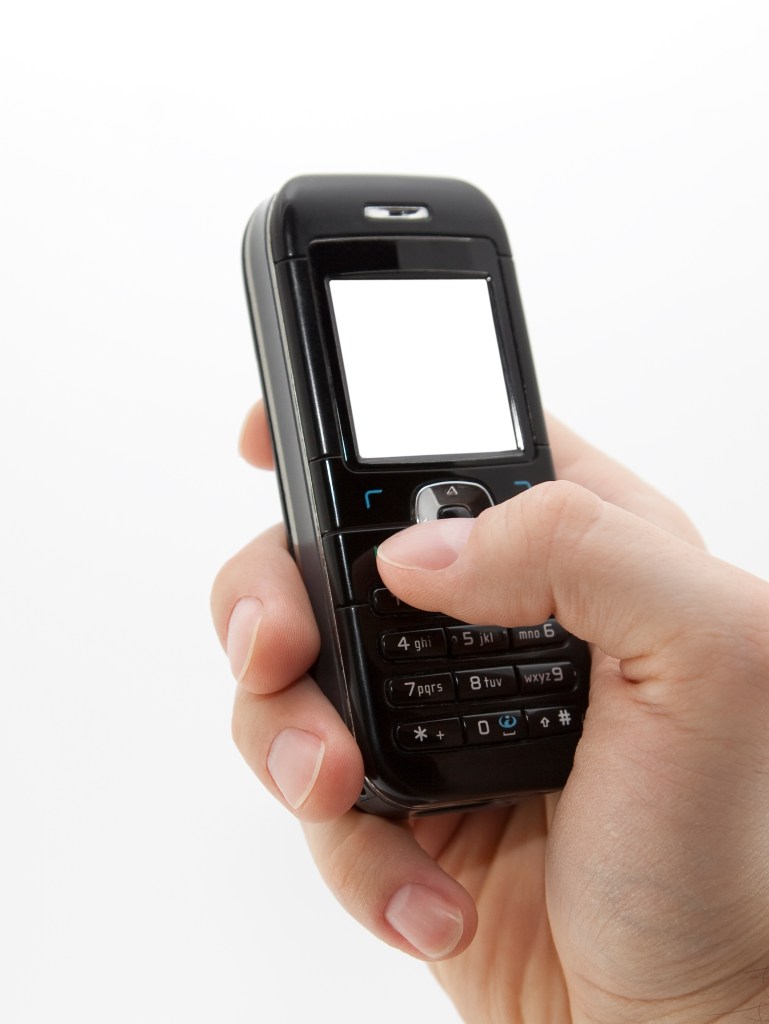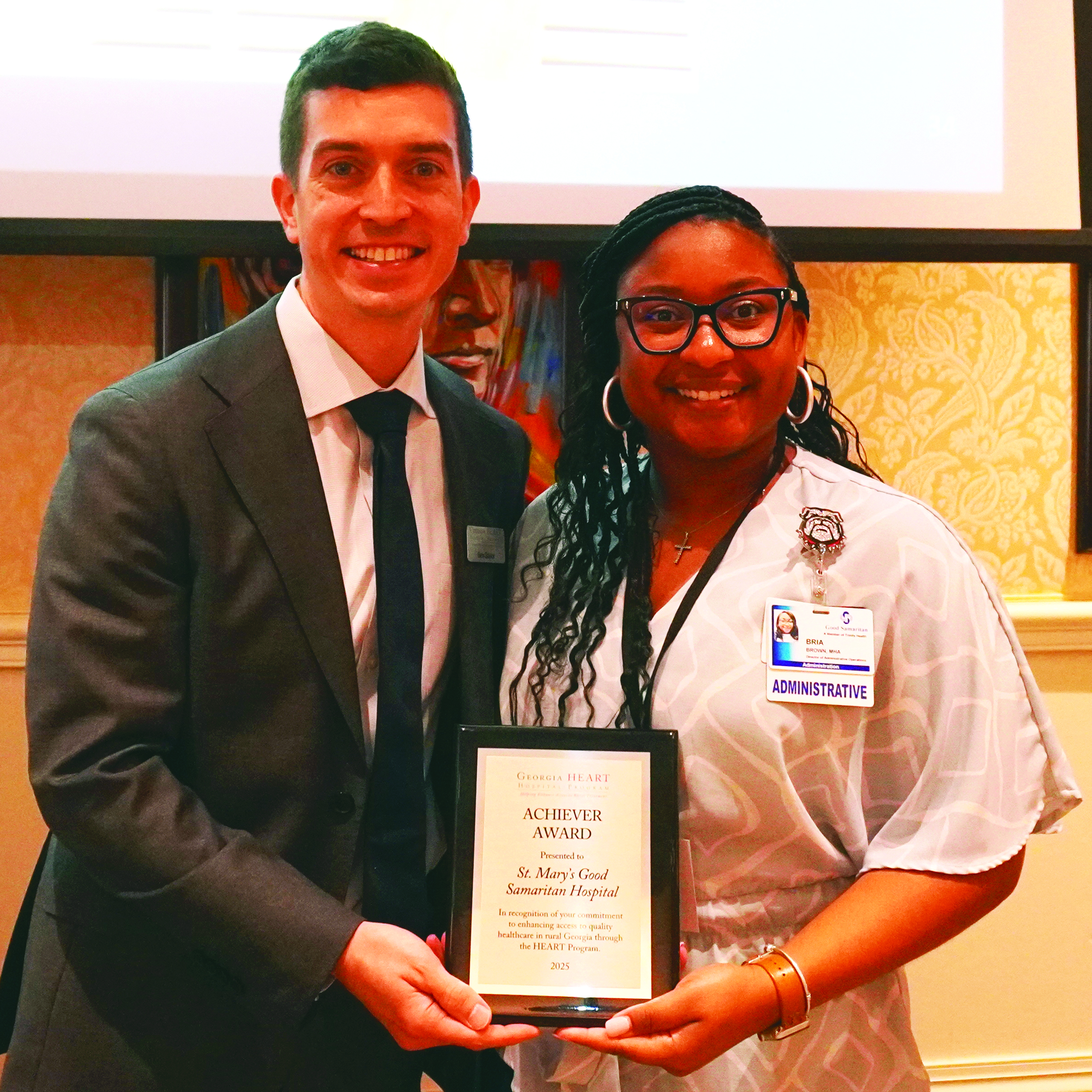Teens’ ‘designated texter’ takes seat next to driver
Published 2:59 pm Monday, July 14, 2014

- 1307593_87254838.jpg
After growing up during a campaign against drunken driving, many teenagers say they’ve embraced the notion of a designated driver. Coming of age amid condemnation of distracted driving, some say they use a “designated texter” when driving with friends.
Despite that, a new study shows that about a third of them admit to sending and reading text messages while behind the wheel. The report was consistent with federal research this year, which showed that teens and drivers under the age of 25 are much more likely to text than older drivers.
Crashes are the leading cause of teenage deaths, and teens are more likely to die in them than any age group other than those over 80.
The good news in a report released Tuesday by Bloomington, Ill.-based State Farm Insurance was a greater awareness among teenagers of the risk posed by using mobile devices to text or talk while driving.
“It was very promising to see so many teens voice their concerns about this issue and see that the drivers listened to them and took action,” said research director Chris Mullen. “Research tells us that texting while driving can be just as dangerous as drinking and driving. More education and conversations need to occur so teens understand that no one can handle driving distracted.”
A federal survey done in December found that 11 percent of drivers age 18 to 20 said they were sending or receiving text messages when they crashed. But the federal report also discovered that drivers in that age group were more likely to recognize the risk than those age 21 to 24.
The new State Farm survey, conducted by Harris Interactive, found that four out of five teen passengers said they scolded a driver for texting. One Pennsylvania teen, Navea Frazier, told the insurance carrier: “When I’m in a car with my friends or family, I say, ‘Hey, don’t do that. I’ll text for you.’ I’m the designated texter.”
Use of cellphones by novice drivers has been banned in 31 states. But distracted driving was cited as a possible factor this year when preliminary data showed that teen highway deaths appeared to be creeping up after years of decline.
U.S. Transportation Secretary Ray LaHood and the National Transportation Safety Board are pushing for laws against texting and cellphone use while driving. But state lawmakers have moved cautiously for fear of voter backlash.
The National Safety Council has estimated that a quarter of all crashes are the result of distracted driving.




